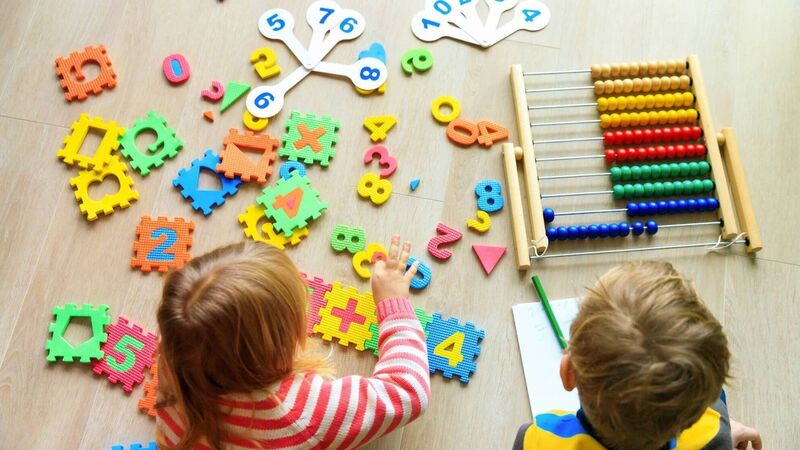Paul Hosford: If tough decisions have to be made, remove the secrecy

One aspect of the Labour Party's alternative budget that caught the eye was around child benefit. It was not just the proposal, but the reasoning which came with it. File photo
In the week before the budget, part of the choreography of the week will be the alternative budgets laid out by opposition parties.
While costed, these documents are always more ambitious than the Government's versions, Paschal Donohoe's prudence not needed if the measures are not going to be implemented.















